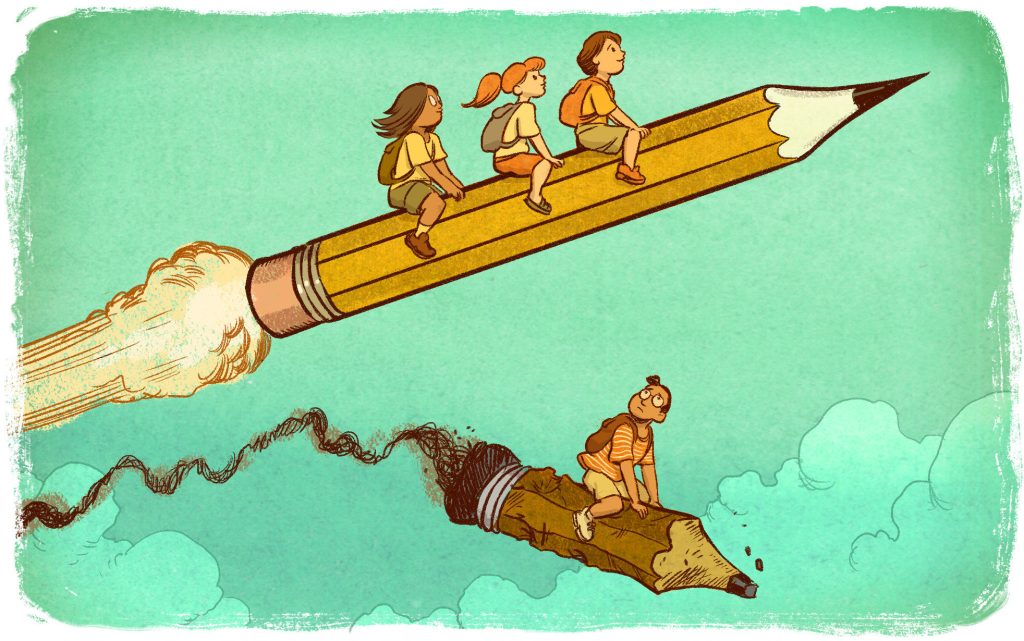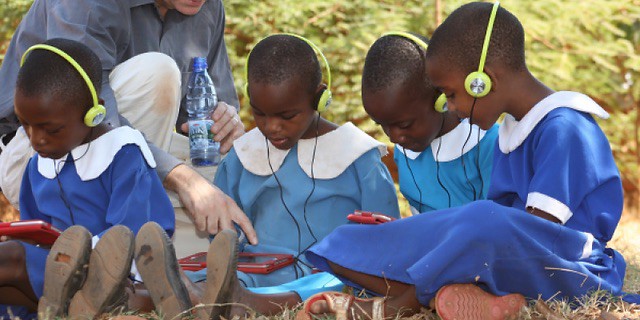Education is the cornerstone of societal progress, serving as the bedrock upon which individuals build their futures. In Nigeria, like in many countries, the pursuit of academic success is often hindered by disparities in resources, which disproportionately affect students from marginalized communities. To truly foster a culture of learning and empower all students to reach their full potential, it is imperative to ensure equitable access to resources across the educational landscape.
One of the primary challenges facing the Nigerian educational system is the unequal distribution of resources among schools. Urban schools and those in affluent areas tend to receive more funding, better infrastructure, and access to modern teaching aids, while rural and economically disadvantaged schools often struggle with dilapidated buildings, inadequate teaching materials, and a shortage of qualified teachers. This disparity perpetuates a cycle of educational inequity, where students from underserved communities face barriers to learning from the outset.

To address this issue, policymakers, educators, and stakeholders must prioritize initiatives aimed at leveling the playing field. One crucial step is to allocate resources based on need rather than location or socioeconomic status. This entails implementing funding mechanisms that channel resources to schools serving marginalized populations, ensuring they have the necessary tools and support to deliver quality education.
Teach for Nigeria is actively ensuring equal access to education for pupils and students in marginalized communities by recruiting and training dedicated individuals to serve as Fellows in underserved schools. These Fellows bring innovative teaching methods and a commitment to student success, creating inclusive learning environments tailored to the diverse needs of their students. https://static.youthop.com/uploads/2023/03/teach-for-nigeria.jpg
Through ongoing support and professional development opportunities, teach for Nigeria empowers its Fellows to become effective educators and advocates for systemic change within the education sector. By prioritizing initiatives that address educational inequity and advocating for resource allocation based on need, teach for Nigeria is making significant strides toward leveling the playing field and ensuring that all Nigerian children have access to a quality education.

Furthermore, investing in teacher training and professional development programs is essential for enhancing the quality of education in underserved areas. Equipping teachers with the skills and knowledge to engage diverse learners, leverage technology effectively, and create inclusive learning environments can significantly impact student outcomes.
Additionally, leveraging technology can help bridge the resource gap by providing access to digital learning platforms and online resources. With the proliferation of affordable smartphones and internet connectivity, students in remote areas can access educational content and participate in virtual classrooms, expanding their learning opportunities beyond the confines of traditional brick-and-mortar schools.

Moreover, fostering partnerships between government agencies, non-profit organizations, and private enterprises can facilitate the mobilization of resources and expertise to support underserved schools. By harnessing the collective efforts of various stakeholders, we can create synergies that maximize the impact of interventions aimed at promoting educational equity.
In conclusion, achieving equitable access to resources is paramount for ensuring student success in the Nigerian educational system. By prioritizing initiatives that address disparities in funding, infrastructure, teacher quality, and technology access, we can create a more inclusive and equitable learning environment where every student has the opportunity to thrive and realize their full potential. It is only through collective action and unwavering commitment to fairness that we can build a brighter future for generations to come.
